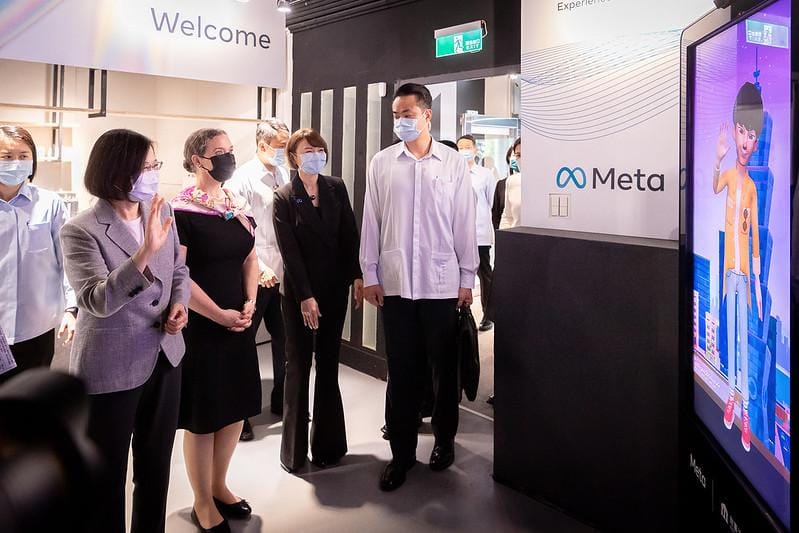In a stunning display of loyalty over lucrative paychecks, every member of Mira Murati’s Thinking Machines Lab has rejected enormous offers from Meta CEO Mark Zuckerberg to join his Superintelligence Lab.
One researcher was offered a staggering $1 billion compensation package spread over several years, while others received proposals ranging from $200 million to $500 million for four-year terms. Despite these jaw-dropping sums, not a single team member has accepted.
“So far at Thinking Machines Lab, not a single person has taken the offer,” Murati told Wired, highlighting a rare collective stance in Silicon Valley’s typically money-driven talent wars.
The unanimous rejection comes as Meta aggressively pursues top AI talent under Zuckerberg’s direction. His “Zuck Bucks” strategy has targeted researchers across leading AI organizations, including a major recruitment push aimed at Murati’s team. These efforts are part of Meta’s broader initiative to build its Superintelligence Lab, which is being led by Alexandr Wang (CEO of Scale AI) and former GitHub CEO Nat Friedman.
Industry experts point to several factors behind the team’s decision. Researchers appear to value mission alignment, leadership trust, and long-term vision over even the most extravagant financial incentives. Many team members reportedly expressed concerns about Meta’s focus on consumer products rather than the advanced AI research they’re currently pursuing at Thinking Machines.
Similar Posts
The startup, launched by Murati in February 2025 after her departure from OpenAI where she served as Chief Technology Officer, has quickly established itself as a formidable player in the AI landscape. In July 2025, Thinking Machines secured a record-setting $2 billion seed funding round led by Andreessen Horowitz, with participation from Nvidia, Accel, AMD, Cisco, and ServiceNow. This investment pushed the company’s valuation to $12 billion – remarkable for a startup without a single commercial product on the market.
Murati has assembled an impressive team of former OpenAI veterans, including John Schulman as chief scientist, Barrett Zoph as CTO, and Lilian Weng heading AI safety. While specific product details remain under wraps, Murati has hinted that the company’s first offering will include “a significant open source component” and focus on “multimodal AI that works with how you naturally interact with the world.”
This talent war reflects broader industry dynamics where mission and culture increasingly outweigh financial incentives. Other AI leaders have expressed similar sentiments. Anthropic CEO Dario Amodei warned in an internal memo that “trying to buy something that cannot be bought” risks eroding culture, noting many employees “wouldn’t even talk to Mark Zuckerberg” despite nine-figure offers.
Meanwhile, Meta continues recalibrating its AI strategy, announcing a $2 billion data-center asset sale to help finance infrastructure costs while promoting a shift toward “personal superintelligence” user experiences.
The Albanian-American Murati, who previously led development of groundbreaking technologies like ChatGPT, DALL-E, and Codex at OpenAI, has earned global recognition for combining technical brilliance with a focus on AI safety and ethics. Her leadership approach has fostered the kind of loyalty that apparently can’t be purchased – even for a billion dollars.
In an industry defined by opportunism and talent poaching, the unanimous rejection of Meta’s offers stands as a powerful reminder that some things remain beyond the reach of even the deepest pockets.







